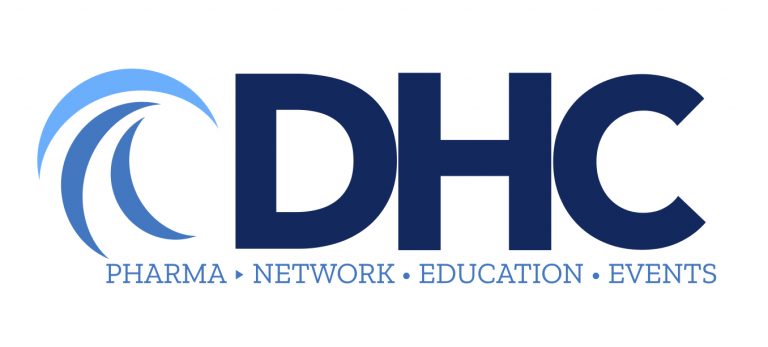Article
Pharma Marketers Need to Ask the Right Questions to Get the Right Answers
January 2022

Asking Questions that Gather Actionable Information
One of the big pitfalls faced by pharmaceutical marketers when shaping data-driven customer engagement strategies is asking the wrong questions of the data. Many of the questions being asked today—What was the email open rate? How many healthcare providers (HCPs) clicked on a banner ad? What was the behavioral effect of this single interaction?—are in fact the wrong questions to ask, according to pharmaceutical marketers and data scientists from GlaxoSmithKline (GSK) and Veeva.
Several experts shared their insights on customer engagement strategy at the Data-Driven Decision Making Summit on January 20, which was co-hosted by the Digital Health Coalition (DHC) and GSK. It included speakers from GSK, Boston Children’s Hospital, Veeva, Komodo Health, Relevate Health, and RxDataScience.
In a panel moderated by Amy Turnquist, Principal in North Highland’s Life Sciences practice, GSK’s Jim DeLash, Director of Multi-Channel Marketing, shared that pharmaceutical marketers should be asking questions that gather actionable information. Marketers can drown in data, asking too many nice-to-know or curiosity-satisfying questions that won’t generate actionable insights. DeLash said, “Just because we can do something doesn’t mean we should do something… People are spending time on things that just don’t matter.”
Ben Waters, Director of Analytic Services at Crossix (Veeva), agreed, saying that curation is a real value-add that can be brought by data scientists. As analytics tools have grown to ingest larger and larger datasets, the risk of overwhelming the marketing decision-maker with too much information has also grown. But, analytics tools and data scientists can increasingly curate that data and add a human touch to provide the most relevant insights to the marketer.
Leveraging data to provide context is also extremely important when developing a holistic omnichannel strategy that orchestrates all customer touchpoints to optimize for the desired customer behavior. Ozgecan Uluscu, Senior Director of Insights & Analytics at GSK, said, “Measuring the single interaction doesn’t matter. We’ve been looking at it channel by channel and execution by execution. We have to change how we’re looking at it. Measuring that one KPI is important in the context of all the other things you’re measuring around the customer.” Part of this goes beyond measuring the effects of each interaction, according to Waters and Uluscu. Pharma marketers also need to ask broader questions about brand sentiment that measure the cumulative effect of every interaction between the HCP and the brand.
Gathering and analyzing the data to generate hypotheses are only the start of a successful data-driven marketing strategy. Companies need to test these hypotheses in experiments with control groups so that the benefits or costs of new strategies can be empirically assessed. Uluscu called experimentation the “holy grail” of pharma marketing, but said, “The roadblock is more that, to do experimentation, we need to take some risks. We have to have a control group. That’s not a very popular idea for the business.” The business may fear that they will ‘miss out’ on potential lift from a new, data-driven marketing approach, but there’s no way to really know if the new approach made a difference without running a controlled experiment.
Data-driven pharma marketing organizations have to be structured to test new data-driven approaches, learn from them, and iterate. This requires close collaboration among business stakeholders, marketers, data scientists, and creative agencies to build an integrated feedback loop. Without a customer-centric and data-centric structure, pharma companies will find it impossible to create effective customer-centric and data-centric marketing strategies.
About the Author

Christopher Stein
Christopher is a Management Consultant at North Highland. You can learn more about him on Linkedin.
What to Explore Next

